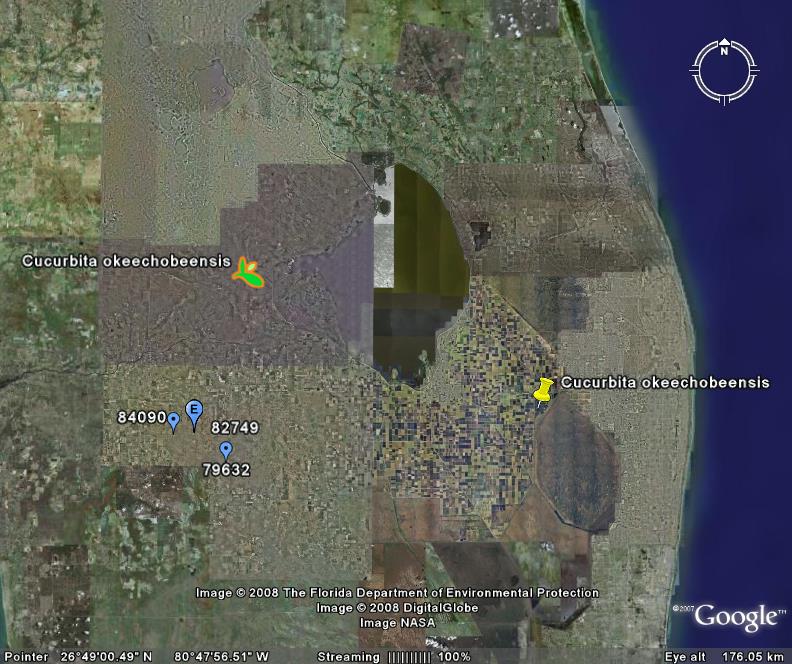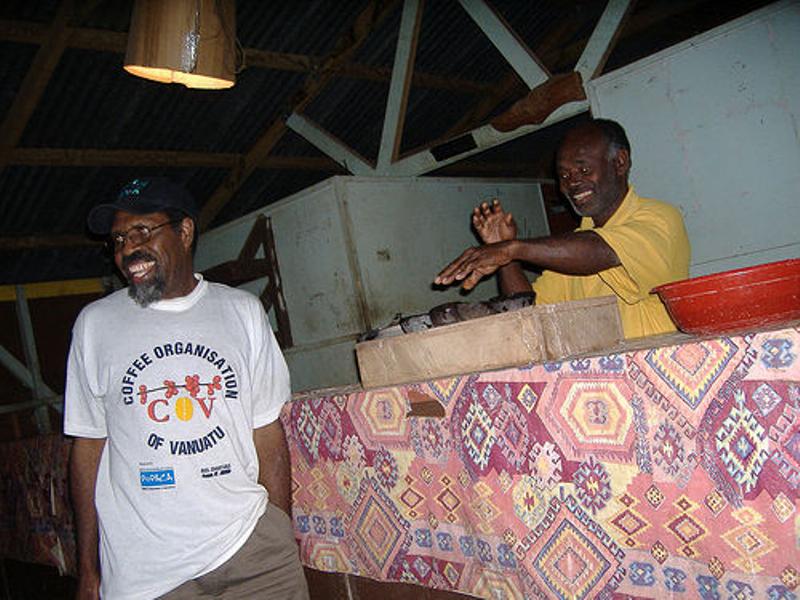Jacob has now asked about the right to food, and said:
I understand the right to food as a negative right (something like “the right to encounter no artificial obstacles to active food procurementâ€). “Getting out of the way†is then exactly what governments are supposed to do.
The “Right to Food” has been part of the general discourse for a while. Here’s what the latest declaration has to say on the subject, in it’s entirety: “We also recall the Voluntary Guidelines to Support the Progressive Realization of the Right to Adequate Food in the Context of National Food Security. We reiterate that it is unacceptable that 862 million people are still undernourished in the world today.”
You can find the whole Declaration on the FAO web site.
FAO member governments accepted the Right to Food in the Voluntary Guidelines etc etc in 2004. So far, few have done anything about it.
Personally, I’m unhappy about most discourses on rights, because to my way of thinking, rights carry obligations. Property rights, for example, oblige me to ensure that my property does not harm others. I’m not sure how talking about a right to food obliges me to do anything. Nor am I sure how I am supposed to insist upon that right. There’s a basic power discrepancy, which Frances Moore Lappé writes about more eloquently than I could.
For one, rights and power are too easily uncoupled. Prisoners have a right to food, for instance…but their power? Even a totalitarian state can guarantee the right to food.
Also, hearing “rights,” one can quickly slide into passive mode–to assumed provision by somebody else, as in the right to an education or to a jury trial, where it makes perfect sense. The frame doesn’t necessarily spur people to envision and build their own power. It can also lead one to imagine an end-point state of being–something settled–not necessarily an unending process of citizen co-creation.
I’m not sure that most of the world shares Jacob’s view of the right to food as a negative right, and it is true I suppose that “getting out of the way” is something governments could do, but it wouldn’t achieve much. There are things they need to do, mostly things that individuals simply cannot achieve. On Friday Luigi nibbled a World Bank report saying that decent roads and better extension services are needed. Those are perfect places for government to intervene, because they give citizens the opportunity to secure their own food supplies.
Not entirely on the subject, but here are the views of three Nobel laureates in economics on food:
Gary Becker: There is one other area of concern globally, and that is the price rises in oil and food. Oil price increases are driven by increased demand, including from China and India. Food price increases, though, are in large measure supply-driven; there has been a reduction in supply due to the shift of acreage from food crops to corn for biofuels. That means more corn is grown and less soybeans. As corn and soy prices increase, the consumer shifts to rice, which causes the price of rice to go up.
So, supply-and-demand-driven rises are merging. Oil supply can’t be increased without sufficiently high prices, which will spur further exploration and investment. To get food prices down, you can increase acreage and improve productivity with technology. The food crisis will be solved by supply adjustments.
Michael Spence: The poorest spend 60 percent of their income on food. For now, we need a rapid response to malnutrition whatever the long-term solutions. Over time, productivity can increase, as was the case with the Green Revolution. Yet, 50 percent of Chinese still work in rural agriculture and 70 percent of Indians. Capital-intensive agriculture and higher productivity would displace them from their living. It’s a double-edged sword.
Myron Scholes: If you move too fast to improve productivity in food, you create a surplus population that is forced to move to the already over-urbanized cities. That is a huge cost. There are 1.25 billion people in agriculture in India and China. Where will they go?
Say what you like about economists, they’re seldom boring.

